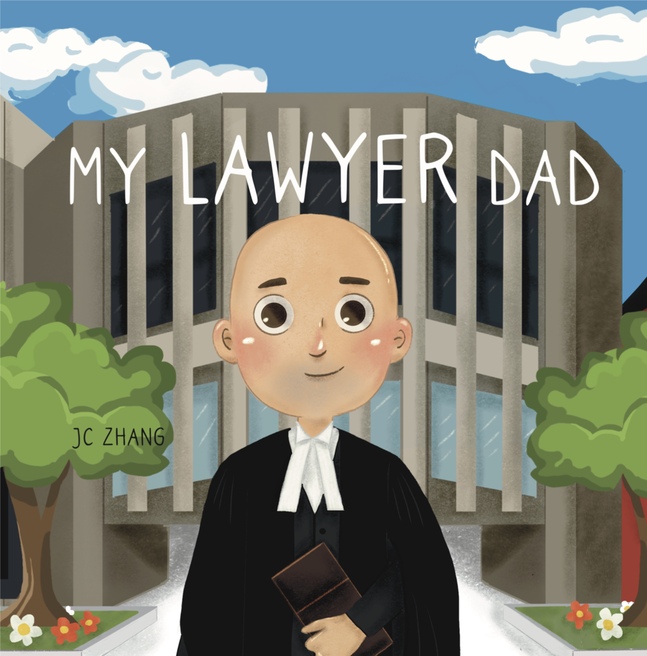Interview in Law Times on Client Identification
Omar Ha-Redeye was interviewed by Megan Gillmore in the Law Times on proposed changes to client identification rules:
Not everyone who needs a lawyer has access to government-issued identification, says Omar Ha-Redeye, a lawyer with Fleet Street Law, a legal incubator in Toronto that often deals with people who struggle to access the justice system. Newcomers to Canada could have a particularly hard time obtaining it, he says.
These requirements could also negatively impact people already involved in the criminal justice system, he says.
“Some of these clients don’t have a driver’s licence and may not have official documentation of any sort whatsoever,” says Ha-Redeye, “especially if you’re dealing with socially vulnerable individuals, especially people who are homeless or pushed to the margins of society.”
A lawyer may agree to represent an individual they haven’t met on an impaired driving charge, and then find out at the courthouse that they don’t have the appropriate identification. Asking for an adjournment until the client produces the proper documents could be a burden on the legal system, says Ha-Redeye.
“There’s a little bit of spectrum here, and I don’t think the rules allow for enough of an independent assessment of what the risk might be,” he says.
Requirements should be different for someone who needs to show up for a court appearance and someone who is involved in complex transactions involving thousands of dollars, Ha-Redeye says.
“The appropriate way to deal with this is to provide latitude for the lawyer,” he says. “It’s all about taking reasonable steps.”
The current rules say lawyers must take “reasonable” steps to verify a client’s identity. The proposed amendments remove the word “reasonable.” This is to make the federation’s model rule consistent with federal legislation, the federation’s consultation report says.
 Previous Post
Previous Post Next Post
Next Post